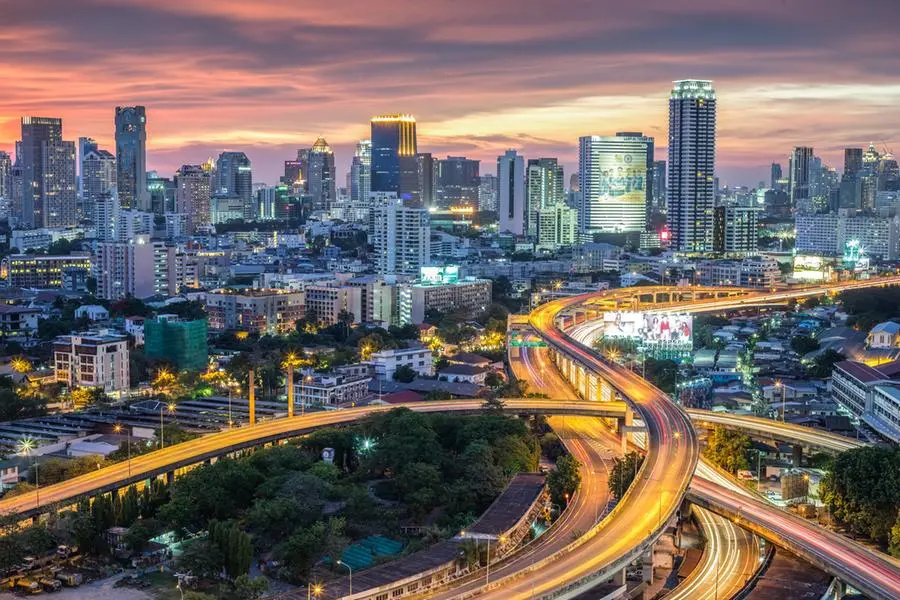
Africa is home to a thriving startup ecosystem, with many innovative companies emerging across the continent. However, one of the major challenges faced by these startups is inadequate infrastructure. In this article, we will explore the current state of infrastructure in Africa, its impact on startups, and potential solutions to address these challenges.
The Current State of Infrastructure in Africa
Africa’s infrastructure landscape is characterized by significant gaps in transportation networks, energy supply, water management, and digital connectivity. According to the African Development Bank, the continent’s infrastructure needs are estimated to be around $130 billion to $170 billion annually. The lack of reliable infrastructure hinders economic growth, limits access to basic services, and affects the competitiveness of African businesses.
Challenges Faced by African Startups
African startups face numerous infrastructure-related challenges, including:
- Limited Access to Reliable Internet: Many African countries have limited internet penetration, making it difficult for startups to access critical online resources, communicate with customers, and deliver services.
- Unstable Power Supply: Frequent power outages and limited access to electricity hinder the operation of startups, particularly those in the tech and manufacturing sectors.
- Poor Transportation Networks: Inadequate roads, ports, and logistics infrastructure increase transportation costs, delay delivery times, and limit access to markets.
- Inadequate Water and Sanitation: Limited access to clean water and sanitation facilities affects the health and productivity of startup employees and limits the growth of businesses.
- Insufficient Digital Infrastructure: The lack of reliable digital infrastructure, such as data centers and cloud services, hinders the scalability and competitiveness of African startups.
Impact on Startups
The inadequate infrastructure in Africa has a significant impact on startups, including:
- Increased Costs: Startups incur additional costs to mitigate infrastructure-related challenges, such as investing in generators to address power outages.
- Reduced Productivity: Infrastructure challenges limit the productivity of startup employees, affecting the quality and quantity of work.
- Limited Scalability: Inadequate infrastructure hinders the growth and scalability of startups, making it difficult for them to expand their operations and reach new markets.
- Competitive Disadvantage: African startups face a competitive disadvantage compared to their peers in other regions with more developed infrastructure.
Solutions to Address Infrastructure Challenges
To address the infrastructure challenges faced by African startups, several solutions can be implemented:
- Investing in Digital Infrastructure: Governments and private investors can invest in digital infrastructure, such as fiber optic cables, data centers, and cloud services, to improve access to reliable internet and digital services.
- Public-Private Partnerships: Collaboration between governments and private sector companies can help finance and deliver infrastructure projects, such as transportation networks and energy generation.
- Innovative Financing Models: Alternative financing models, such as impact investing and crowdfunding, can provide startups with access to capital to invest in infrastructure-related projects.
- Infrastructure-Sharing Models: Startups can share infrastructure, such as office space and equipment, to reduce costs and increase efficiency.
- Government Support: Governments can provide support to startups by offering incentives, such as tax breaks and subsidies, to encourage investment in infrastructure-related projects.
Examples of Successful Infrastructure Projects
Several successful infrastructure projects have been implemented in Africa, including:
- Google’s Equiano Submarine Cable: Google’s investment in the Equiano submarine cable has improved internet connectivity in West Africa, providing faster and more reliable internet access to startups and businesses.
- Microsoft’s 4Afrika Initiative: Microsoft’s 4Afrika initiative aims to promote digital inclusion in Africa by providing access to digital skills, infrastructure, and services.
- The African Development Bank’s Infrastructure Program: The African Development Bank’s infrastructure program provides financing and technical assistance to support infrastructure development projects across the continent.
Conclusion
Inadequate infrastructure is a significant challenge faced by African startups. However, by investing in digital infrastructure, promoting public-private partnerships, and implementing innovative financing models, we can address these challenges and create a more conducive environment for startups to thrive. As the African startup ecosystem continues to evolve, it is essential to prioritize infrastructure development to support the growth and scalability of African businesses.
